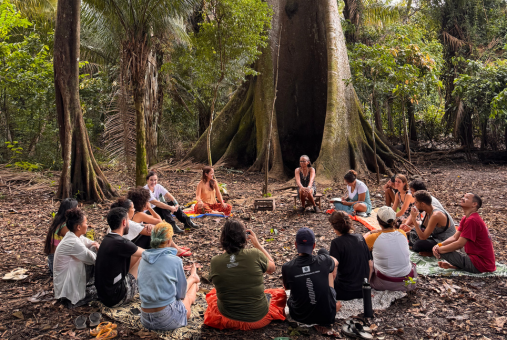
In Brazil, a new generation of storytellers is blending western journalism ethics with Indigenous narrative traditions, reshaping how the rainforest is seen and heard.
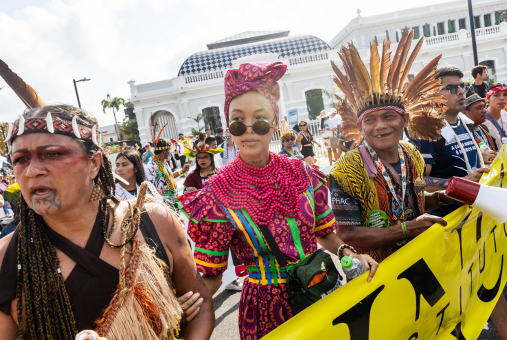
Independent newsrooms from host city Belém and across Brazil joined forces to play to their strengths and center communities already living with the effects of climate change.
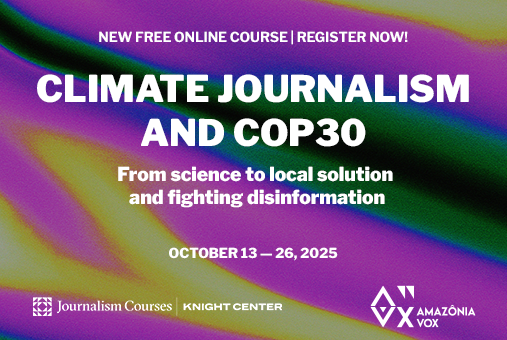
In this free course, students will learn to distill complex scientific findings, investigate locally and globally, and combat greenwashing and disinformation.
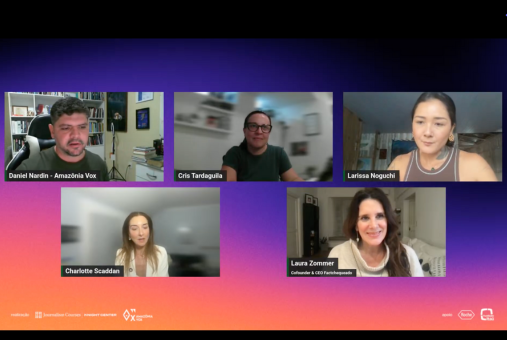
There are two more sessions in the six-part webinar series “Climate coverage and COPs: Tools, sources, and storytelling strategies for journalists.” You can also catch up on previous recordings.
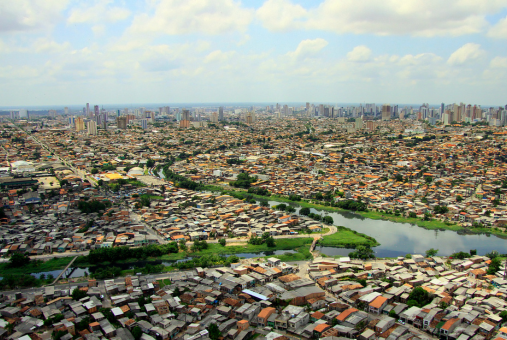
With few hotel rooms and high travel costs to the heart of the Amazon, many reporters may be shut out of the climate summit, raising fears of fewer diverse voices in its coverage.

The Knight Center for Journalism in the Americas and Amazônia Vox are launching the free webinar series “Climate coverage and COPs: Tools, sources and storytelling strategies for journalists,” which will be streamed live from July 30 to Sept. 3, 2025.

The new free online course "Climate Solutions Journalism," running from Aug. 18-31, 2025 in Spanish, will help you develop more rigorous, constructive and focused reporting on responses to this global crisis.
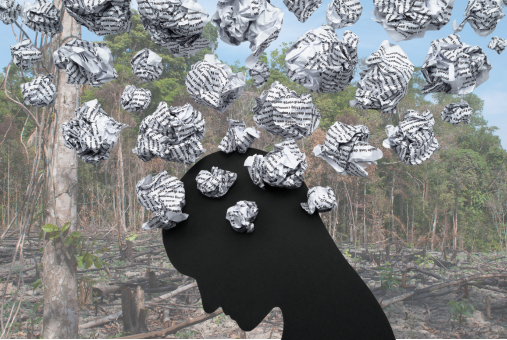
Preliminary data from a global survey with climate journalists reveals 60% show symptoms of psychological stress. Meanwhile, journalists said newsrooms do not offer adequate support.
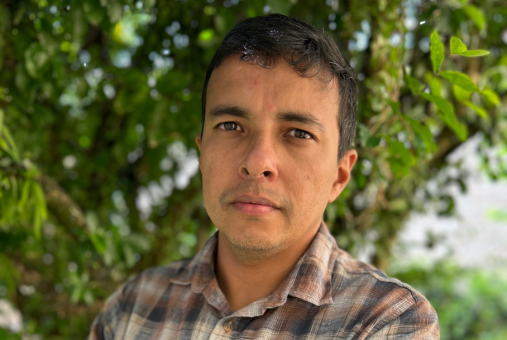
Leading investigative journalist Hyury Potter shares his experiences of reporting in the Amazon, along with lessons and advice he has gathered throughout his career.
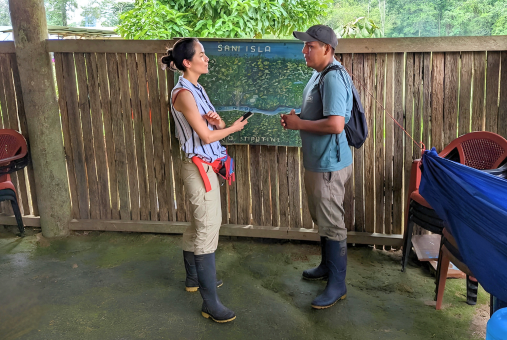
The network of more than 90 environmental journalists — known as PUMA — builds on Mongabay’s eight years reporting across the region. They plan to collaborate on shared challenges like a crisis of funding, threats by criminal groups and censorship by powerful interests.
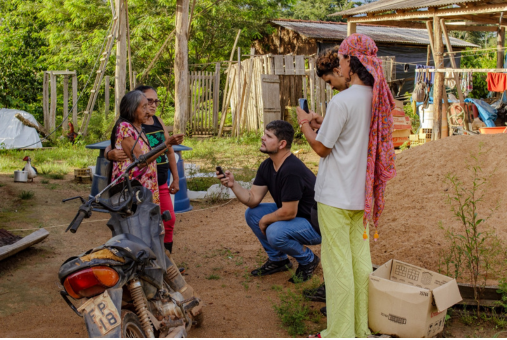
News outlets in the Brazilian state of Pará, a gateway to the Amazon and the host state of the UN Climate Change Conference, also face logistical challenges and local expectations.
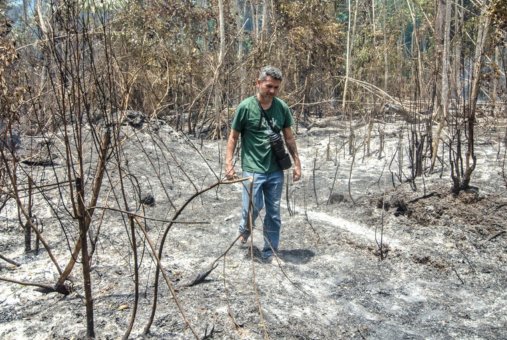
Working independently and without the consistent backing of a newsroom, reporters say they are motivated to cover these issues out of a desire to shed light on problems and create change.